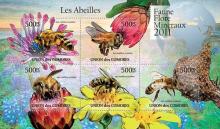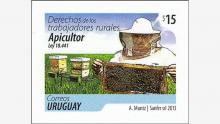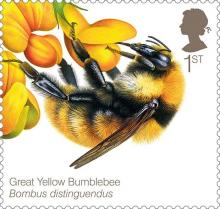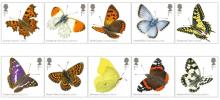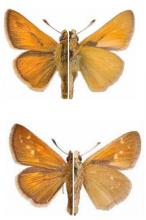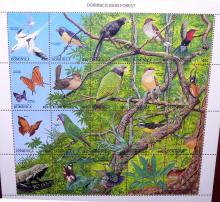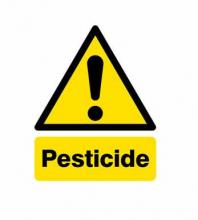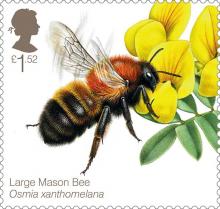Neonicotinoid insecticides can serve as inadvertent insect contraceptives
There is clear evidence for sublethal effects of neonicotinoid insecticides on non-target ecosystem service-providing insects. However, their possible impact on male insect reproduction is currently unknown, despite the key role of sex. Here, we show that two neonicotinoids (4.5 ppb thiamethoxam and 1.5 ppb clothianidin) significantly reduce the reproductive capacity of male honeybees (drones), Apis mellifera. Drones were obtained from colonies exposed to the neonicotinoid insecticides or controls, and subsequently maintained in laboratory cages until they reached sexual maturity.

